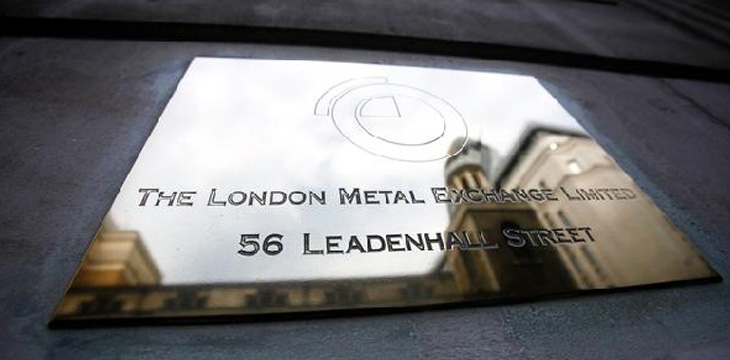|
Getting your Trinity Audio player ready...
|
The London Metal Exchange (LME) will turn to blockchain technology to track metals across its supply chain. The exchange has reportedly backed a consortium of metal traders and banks embarking on the initiative. The blockchain-based system will enable the exchange to track physical metal, a process it has struggled with.
According to a report by the Financial Times, the new platform will be known as Forcefield. It will bring together several stakeholders in the metals trading and banking industry. One of the leaders in the initiative is Mercuria, a Geneva, Switzerland-based commodity trading company. Citing people familiar with the matter, the report also revealed that Australian investment bank Macquaire and Dutch financial giant ING will be part of the initiative.
The move comes in the wake of increasing pressure for companies to account for the effects their products have on the environment. Studies have also proven that customers are willing to pay more for products whose source is clearly documented. This has forced many multinationals to explore blockchain technology.
For the LME, the challenge has been tracking metals that aren’t stored in their warehouses. The exchange has hundreds of warehouses where it stores a lot of the metals that trades on its platform. However, it’s impossible to store all the metals and the LME sometimes has to rely on other companies’ information. In some jurisdictions like China, it doesn’t have a single warehouse. This puts it at a disadvantage, especially given that China is the biggest consumer of metals in the world.
Despite FT’s sources revealing the initiative has already kicked off, LME’s chief executive Matt Chamberlain remained tight lipped. However, he told the publication that he believes it’s about time that the industry agreed to use blockchain technology.
“Blockchain’s distributed ledger technology would reduce the need to have one central owner of the database, who would have too much private information to make it viable. In a blockchain-based system you know where your metal is, you have proof of your metal, but nobody can see what your metal is and where your metal is,” Chamberlain said
He added, “That is a fantastic vision for this market and if we as an industry can come together and deliver, that it will be a huge win for the metals trading community.”
Recommended for you
British lawmakers of the parliamentary national security committee have called for a temporary ban on political parties receiving donations in
Circle (NASDAQ: CRCL) soared in 2025 thanks to U.S. ‘regulatory clarity,’ but can this momentum survive a ban on crypto

 02-26-2026
02-26-2026 




